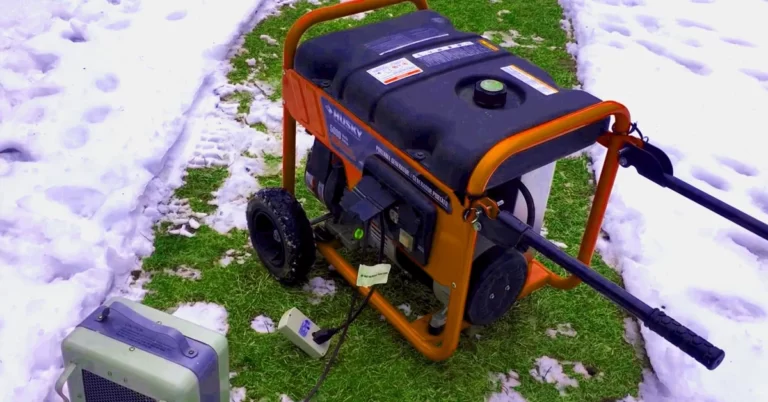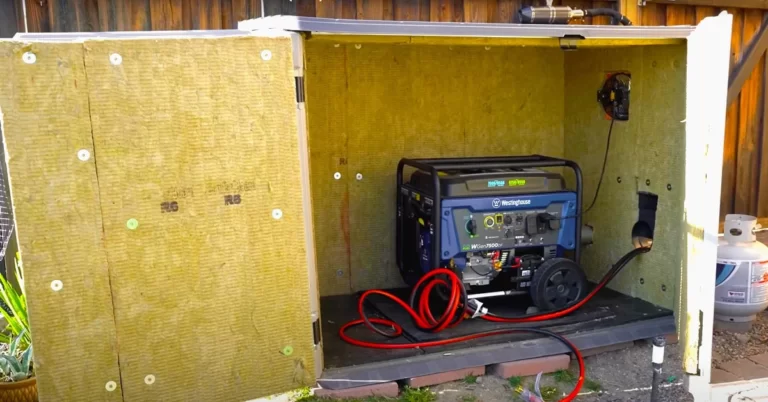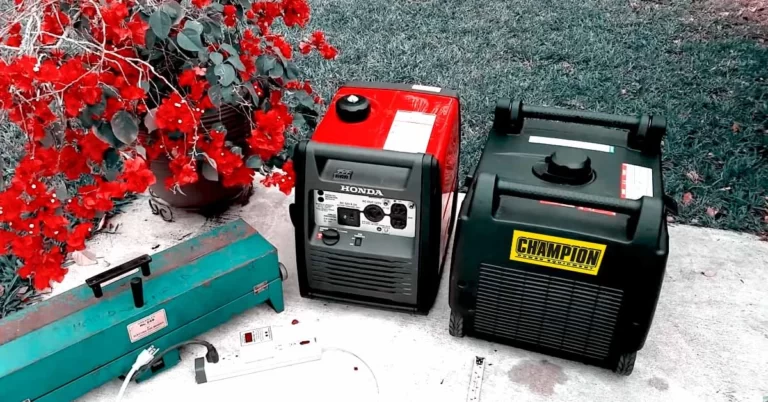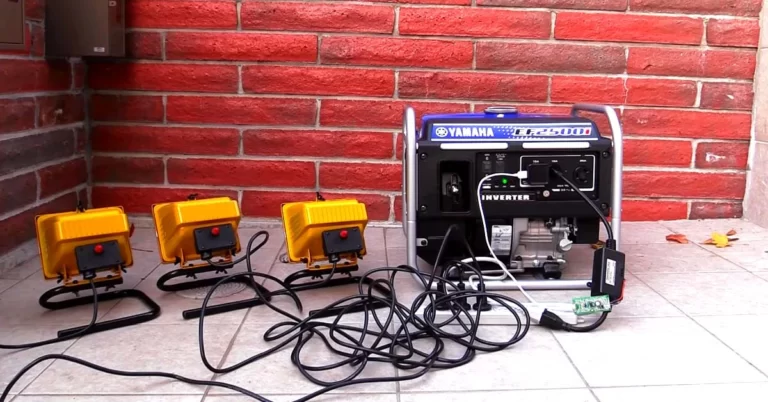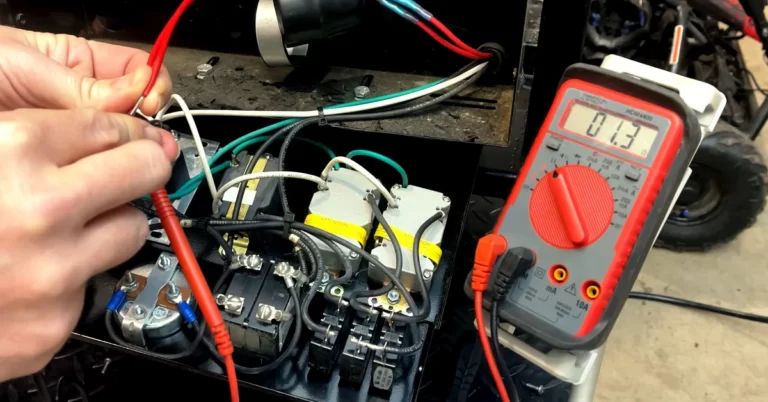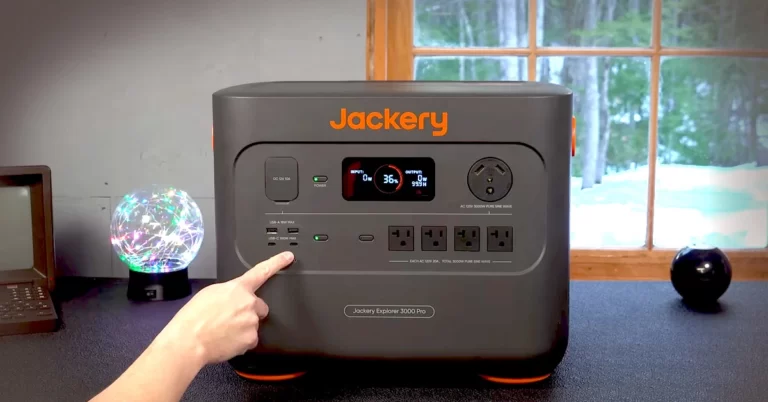How to Reduce Generator Fuel Consumption?
Generators, which run on fuels like gasoline, propane, and diesel, can be costly to operate when fulfilling your power needs. To address this issue, one might wonder how to reduce generator fuel consumption. There are nine effective methods to achieve this: timely servicing and maintenance, managing carbon deposits for fuel efficiency, minimizing generator usage, avoiding…


